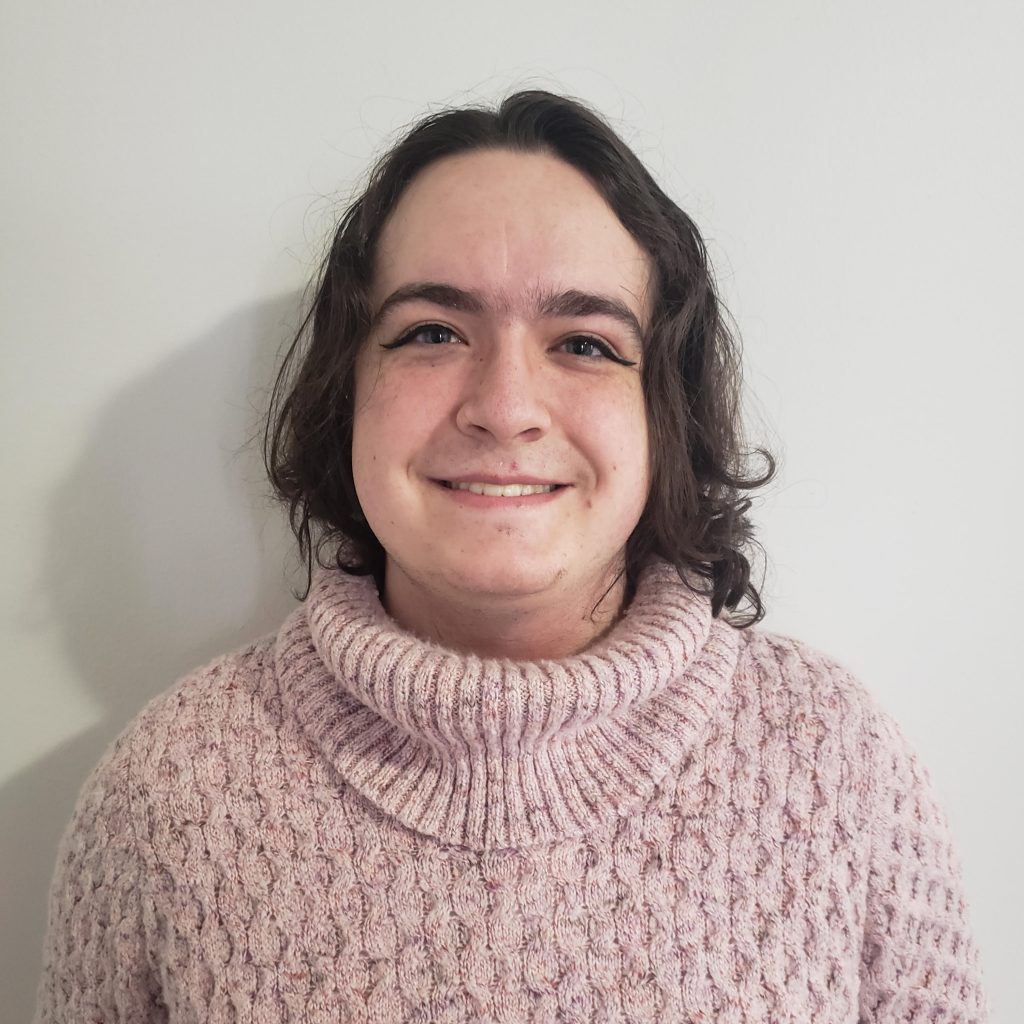A short two weeks ago, the U.S. Food and Drug Administration (FDA) gave full approval of the Pfizer-BioNTech COVID-19 vaccine. This is a monumental scientific achievement, from development to approval and mass vaccination in less than two years. It is further important, as the Delta variant surges across the United States and the world, that more people get vaccinated. Fortunately, people can take comfort in knowing that at least one vaccine has gone through the gauntlet of experimentation and study to reach full FDA approval. Despite this incredible advancement, misinformation and denialism are to an extent where incentives like gun giveaways, as is the case in West Virginia, just won’t cut it.
COVID-19 “vaccine skepticism” is prominent across the United States — “increasingly an outlier” on the world stage according to Morning Consult polling (6). Despite the enormous amount of evidence of vaccine effectiveness and unanimous agreement between national health institutions like the Centers for Disease Control and Prevention (CDC), National Institutes of Health (NIH) and institutions beyond the United States like the United Kingdom’s National Health Service (NHS) and global World Health Organization (WHO), many people still refuse to get the vaccine. Survey data gathered by Axios show that those who refuse vaccination also tend to hold numerous incorrect beliefs about COVID-19. Polling data from The Economist and YouGov show a whopping 17 percent of the 1500 adults polled either definitely or somewhat believe that vaccines cause autism, and 20 percent believe the U.S. government is using the COVID-19 vaccines to microchip the population — both completely debunked conspiracy theories.
Now, this is a lot of doom and gloom, but don’t let that plunge you into nihilism. Vaccination, masks, social distancing and other safety measures can easily help protect you and your community. Remember: those most opposed to mitigation efforts, the most rambunctious anti-vaxxers, represent a minority of the country. The reality is a majority of Americans support policies such as mask mandates in schools and vaccine requirements for public venues, restaurants or workplaces.
There are some people who aren’t in favor of these mitigation measures but still vaguely believe one should get vaccinated and be responsible. These people tend to give arguments like, “I got vaccinated, but it’s my personal choice if I want to or not. It’s not the government’s job to influence me.” This is often invoked to argue against mask or vaccine mandates. As someone who strongly believes in protecting and expanding civil liberties and rights, I take these concerns seriously, but I think they are misguided. Allow me to make my case.
You and I both want personal freedom. And it is “your choice” to not wear a mask or get vaccinated, but “your choice” has effects on everyone around you. Imagine if I said it’s “my choice” to drive drunk, so laws preventing me are unjust because of my personal freedom to drive while intoxicated. I think all of us would rationally respond with the idea that my choice, in that case, puts others at risk without giving them any say in my decision to drive irresponsibly. Further, my choice would force everyone else to drive more carefully and be in constant fear that the next driver they see will crash into them. The drunk driver’s “personal freedom” defense really doesn’t stand up to scrutiny when we look at how it puts others at risk and curtails the freedom of other people to drive on the road. There are countless examples like this — driving tests, car inspections, security at airports, vaccination requirements for attending public schools and many more. Yes, COVID-19 mitigation efforts do “curtail your freedom” in one respect, but they do so just like these other policies we all accept in our everyday lives. It’s not radical, nor is it tyranny. It’s society.
There are proven methods of preventing the spread of COVID-19, the newest of these being a vaccine fully approved by the FDA. There are people who are reachable, convincible, who just want to protect their family, but unintentionally put themselves and others at risk. Let’s engage with these people to explain how and why mitigation efforts are effective. We should understand that there are costs to everyone’s freedom for inaction, particularly if you need to go to an overcrowded hospital. As long as COVID-19 is a large threat to everyone’s lives, we can’t take mitigation efforts like mandates off the table. And the faster everyone gets vaccinated, both here and across the globe, the faster we can all get back to life as normal.
Eleanor Gully is a senior triple-majoring in economics, French and philosophy, politics and law.



